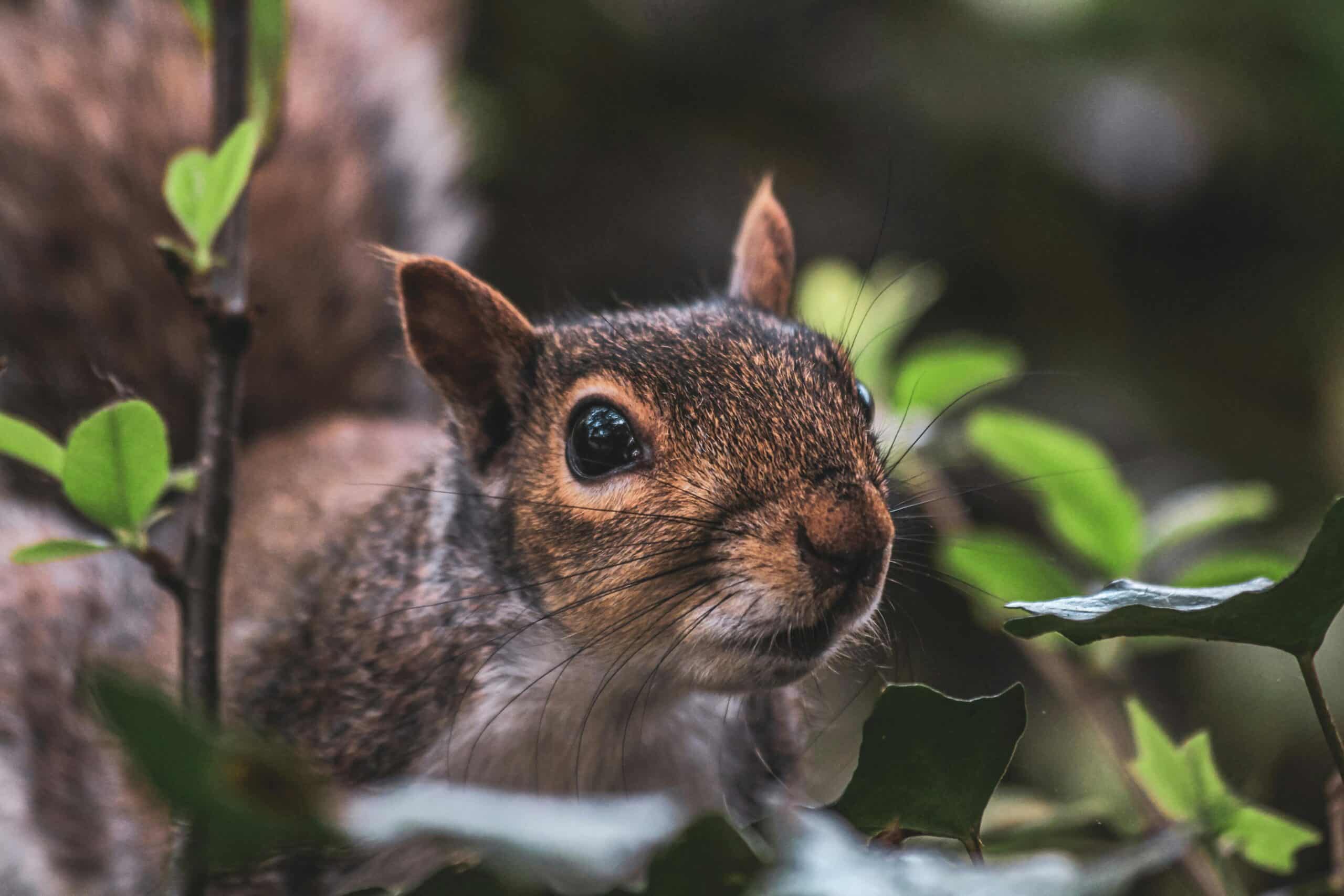Podcast: Plastics, BPA and Phthalates


Plastics make life a lot easier, but they can also contain compounds that impact your health. Heather Patisaul is a neuroendocrinologist who studies endocrine disruptors, compounds that affect the normal development of the brain and reproductive system. She spoke with Audio Abstract about these chemicals, what they do and how to avoid them.
Endocrine disruptors are chemicals that can interfere with your body’s hormones.
“Plastics contain endocrine disrupting chemicals, and as they break down and become microplastics, they get sticky and they’ll stick to other endocrine disrupting chemicals like pesticides, surfactants, and those kinds of things,” Patisaul says.
You’re going to find endocrine disrupting chemicals in toys, personal care products like cosmetics, in your dust, in your house.
BPA and phthalates are two endocrine disrupting chemicals found in plastics. BPA can disrupt estrogen, leading to infertility issues and higher rates of breast and prostate cancers. Phthalates have recently been linked to issues with brain development in children.
“BPA makes plastics hard and phthalates make plastics soft,” Patisaul says. “So medical tubing, IV bags, squishy dog toys, baby teethers, those kinds of things are going to have phthalates in them. Phthalates are also used in building materials. And there’s a lot of phthalates in cosmetics and personal care products. They’re also used to hold the scent in, in fragrances.”
There’s now strong evidence that exposure to phthalates in the womb can cause cognitive memory and other issues in children. So it is impacting brain development.
So how do we avoid these chemicals? According to Patisaul, consumers making informed choices will drive real change.
“There are apps you can use that can help you find BPA and phthalate-free products,” Patisaul says. “I think the amazing part is how much control we have over fixing this. I have the wonderful pleasure of working with colleagues at NC State in textiles, chemistry, engineering. If we set out to make a not toxic water bottle, we can do that. You just need the drive to get it done.”


